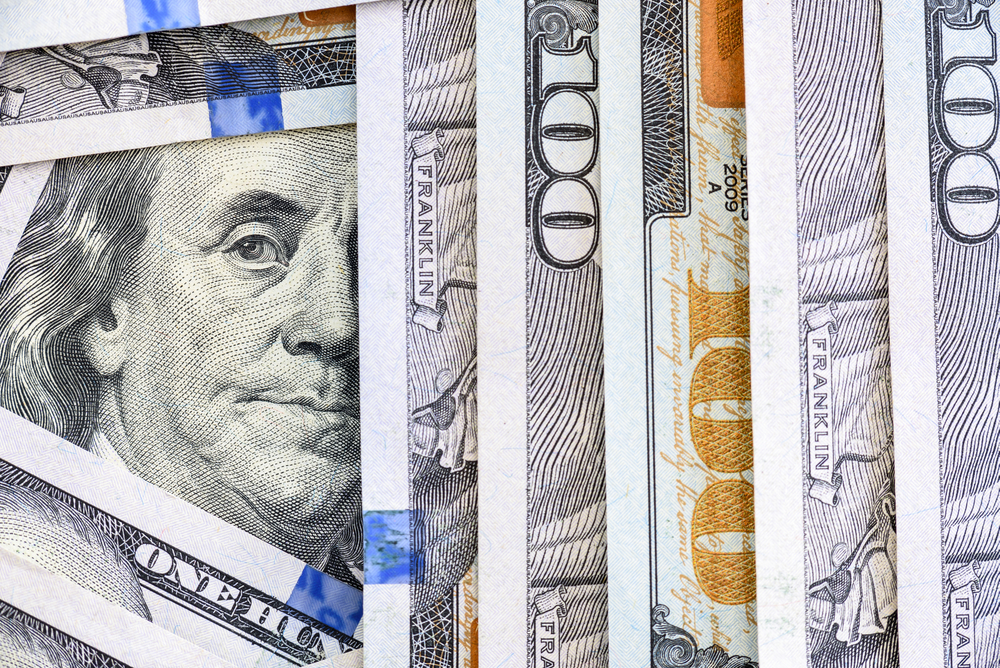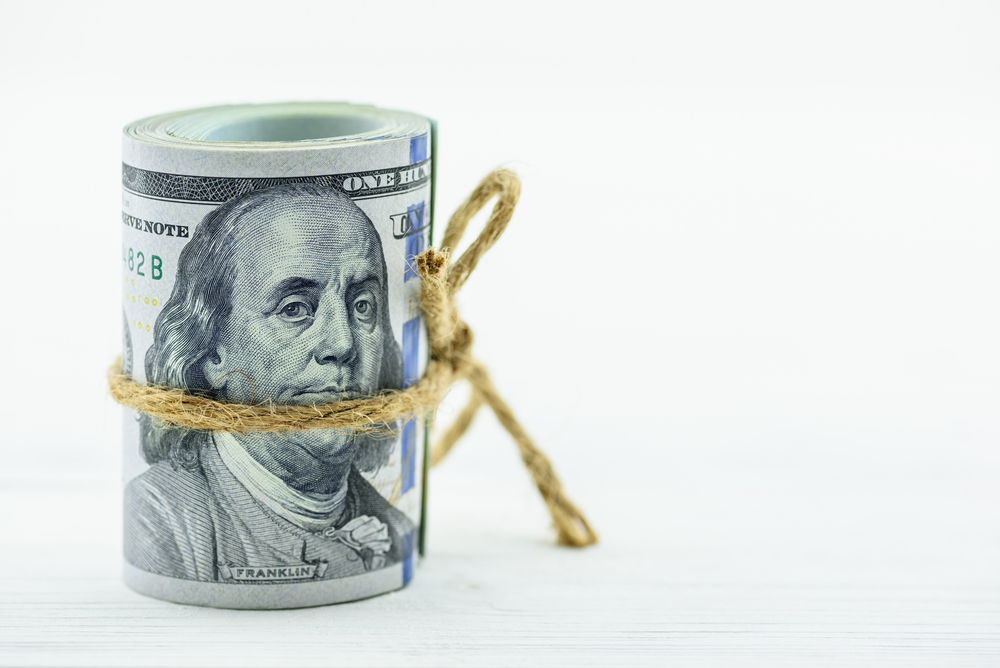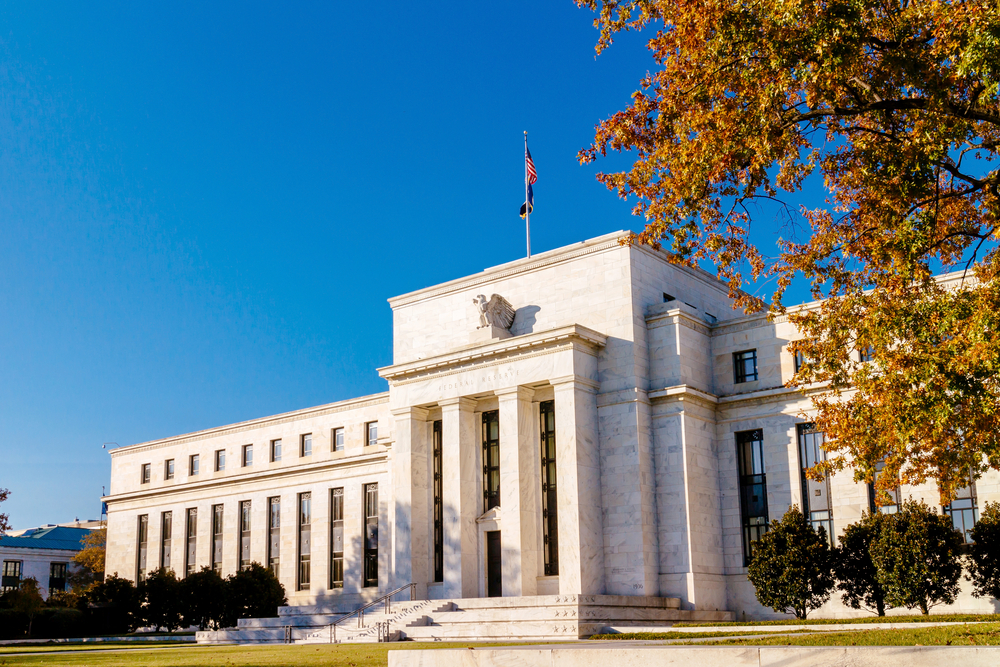Delta Cases Rise; ECB Talks Dovish
Delta variant adds an additional layer of risk to the economic outlook, while inflation expectations are deteriorating as a result of the balance sheets of central banks that have not expanded strongly for 1 year. However, concerns about the future of asset purchases are also complicated. As a matter of fact, the Monetary Policy Board Meeting held by the European Central Bank (ECB), one of the leading authorities on global monetary policy.
July Meeting
The interest rate on the main refinancing operations and the interest rates on the marginal lending facility and the deposit facility remained unchanged at 0.00%, 0.25% and -0.50% respectively.
The ECB said the Pandemic Emergency Purchase Programme (PEPP), worth € 1.85 trillion, will continue until March 2022. In addition, the Bank reiterated that net purchases under asset purchase programs (APP) will continue at the pace of 20 billion euros per month.
The meeting's statement indicated that the inflation rate was below target, while the indicative interest rate would remain constant until the symmetrical 2 percent inflation target is permanently caught. ECB also noted that asset purchases will increase compared to that of early 2021.
Lagarde's Noteworthy Statements
ECB President Lagarde's statements were also significant, as he faced the press after July meeting.
Lagarde noted that the Delta variant, which has been effective in recent cases, creates uncertainty over the economy, while the variant can negatively affect the economic recovery, especially in the service sector. Citing concerns about rising case numbers, Lagarde said he expected a strong recovery in the economy in the third quarter of the year.
Lagarde, who argued that recent inflation rates in developed and emerging economies are temporary, said that inflation in Europe is below long-term expectations.
Noting that the high prices observed in international food and commodity prices support inflation rates, ECB President noted that inflation, which consists of temporary factors, might be subdued as of the beginning of 2022.
Lagarde, who stressed that the economic outlook will depend on the vaccination campaign and the course of the outbreak, said asset purchase programs will continue, adding that they did not negotiate the PEPP program or TLTRO at the July meeting.
Supporting Statements of the Members
François Villeroy de Galhau, an ECB member and President of the French Central Bank, noted the continuity of the current policy as part of combating the effects of the pandemic, saying that they will not consider interest rate increases if they do not reach the average inflation rate of 2 percent within the framework of 12-18 months. Addressing the continuity of PEPP purchases, Villeroy said he would examine the asset purchase program in Fall.
ECB policymaker Pierre Wunsch said while PEPP indicated Autumn for discussion of purchases and targeted inflation rates are far from expectations.
"The Governing Council has agreed in principle that expansionary monetary policy is appropriate for the time being. My experts expect inflation in Germany to be heading in the direction of 5% at the end of 2021," Bundesbank President Weidman said.
No Discussion over PEPP Purchases Expected in September
Policymakers are not expected to make a decision on the future of the asset purchase programme in September, according to sources following the ECB's meeting. In other words, it seems unlikely that the Bank will take an early step, if the downside risks to my economic outlook are not significantly reduced.
However, the 4th wave, which started due to the Delta variant, signals that loose monetary policies will continue to act as a buffer for a while, and it seems likely that the inflationary pressures brought by the warming economies will force the discussion of lowering the limit of asset purchases in the last quarter of 2021.





